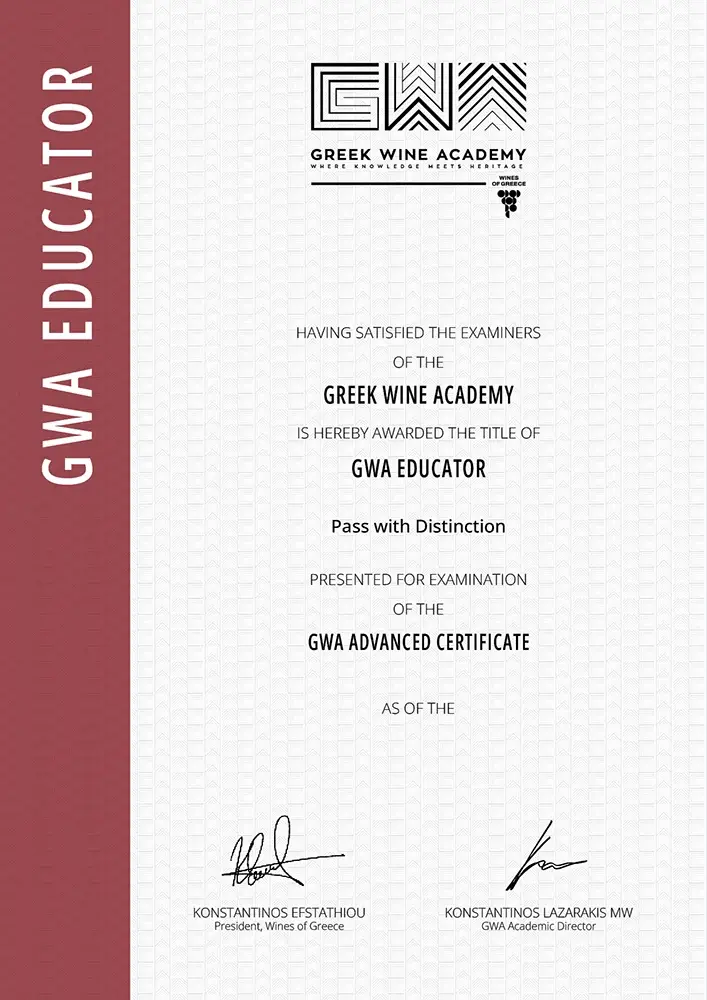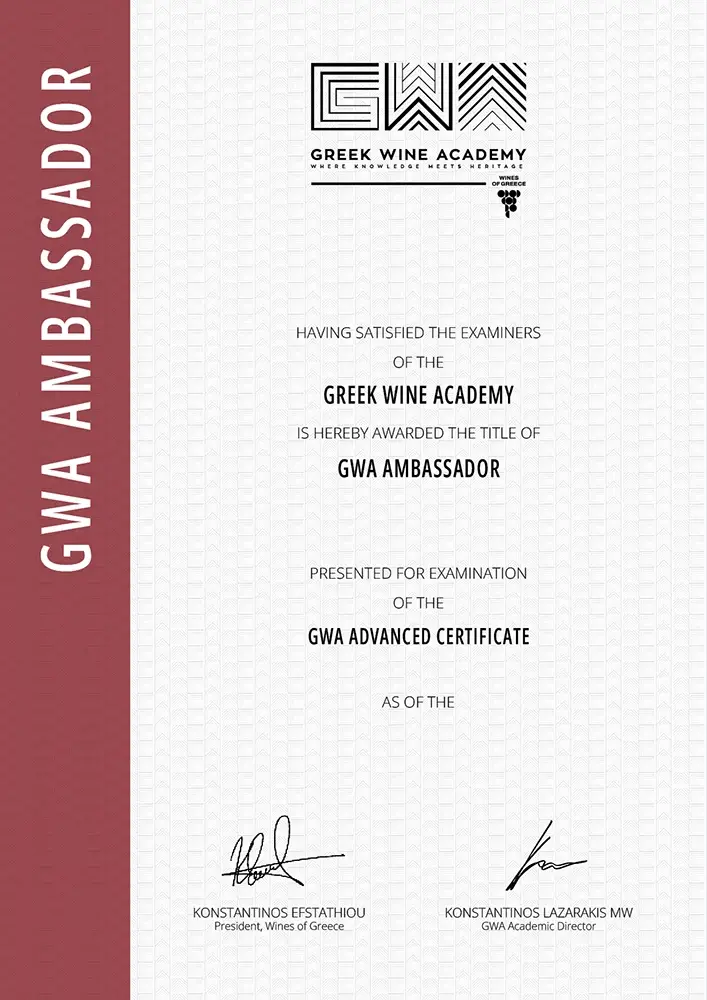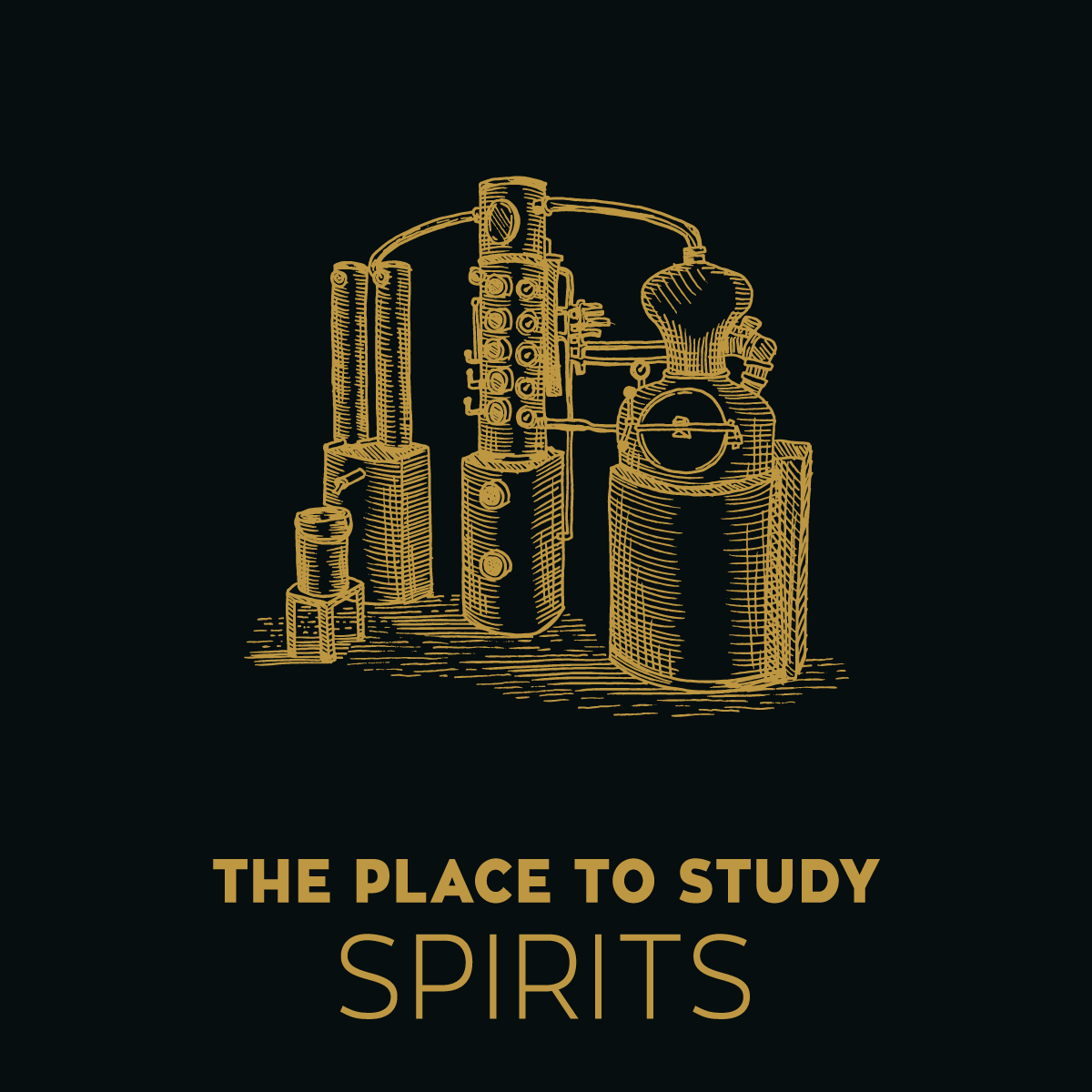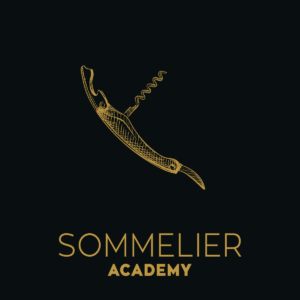GWA Advanced Certificate
€0
About this course
The GWA Advanced Certificate of the Greek Wine Academy is aimed primarily towards renowned personalities of the international wine trade sector (Ambassadors) and experienced instructors in the global wine education network (Educators). Experienced professionals in the HO.RE.CA., retail, wholesale wine distribution sectors will be able to express interest.
Success in the exams is a requirement for obtaining the Certification and leads to either the qualification of GWA Ambassador, or the qualification of GWA Educator.
MORE
The Greek Wine Academy’s Advanced Certificate is designed to provide a thorough understanding of Greek wines, their style and quality. GWA Advance Certificate holders will be able to describe the characteristics of the main Greek Wines, advise and answer questions authoritatively and make appropriate choices of Greek wines in a variety of circumstances.
Selected Wine and Spirits education organizations from around the world are invited to include the Advanced Certificate in Greek Wines by EDOAO/ The Wines of Greece in their educational curriculum.
Overall, this educational program comprises 19 hours of classes and examinations.
GWA Advanced Certificate
Greek Wine Academy
Learning outcomes
In order to meet the qualification aims there are nine learning outcomes.
Learning Outcome 1:
Identify the milestones in Greek wine history from ancient times to the contemporary era and understand how the history influenced today’s styles of wine. Identify the impact of the geography, the climate and the vinification methods on the produced wines. Understand the categories of Greek wines, the compulsory and the optional terms which are present on Greek wine labels.
Learning Outcome 2:
Identify the major Greek varieties and the most important international grape varieties in Greece. Understand their main characteristics, the wine styles they produce, its quality potential, the regions where they perform best and the PDOs which include them.
Learning Outcome 3:
Identify the impact of the geography and the climate on the produced wines of Macedonia and Thrace. Understand the styles, the quality of produced wines and the PDOs in Macedonia and Thrace.
Learning Outcome 4:
Identify the impact of the geography and the climate on the produced wines of Peloponnese. Understand the styles, the quality of produced wines and the PDOs in Peloponnese.
Learning Outcome 5:
Identify the impact of the geography and the climate on the produced wines of Greek Islands. Understand the styles, the quality of produced wines and the PDOs in Greek Islands.
Learning Outcome 6:
Identify the impact of the geography and the climate on the produced wines of Epirus, Thessaly and Central Greece. Understand the styles, the quality of produced wines and the PDOs in Epirus, Thessaly and Central Greece. Identify the history, the method of production and the contemporary quality of Retsina wine.
Learning Outcome 7:
Identify the major Greek PDOs for sparkling and sweet wines. Understand the methods of production that is applied in each region, the produced style of wine, its characteristics, the used grape varieties and their quality potential.
Learning Outcome 8:
Identify the main principles for a successful food and wine matching. Understand the most popular food pairings between the major Greek wine styles and the local or international cuisine.
Learning Outcome 9:
Describe the major characteristics of the principal Greek wines and use the description to identify the style of wine the produced region and the quality.
A committee consisting of EDOAO representatives, as well as Konstantinos Lazarakis MW – GWA Academic Director – will select the final participants for the GWA Advanced Certificate Program. Interested candidates are called to sumbit a brief profile and CV (up to 200 words) as well as a Business Plan (up to 800 words), in order to secure consideration.
Success in the exams is a requirement for obtaining the Certification and leads to either the qualification of GWA Ambassador, or the qualification of GWA Educator.
Please express your interest by filling out the following form.
Basic principles
The purpose of this information is to help our students understand basic principles of behavior that need to be respected throughout the classes.
A class should provide a friendly and harmonious environment, able to promote a high level of learning progress, ensuring a smooth running of the course and respect towards all parties involved in the learning process-both students and instructor.
Don’t miss a class
It has been proven that students who do not miss classes and are assiduous in attending the course, have more chances to perform better in the examination and pass the test with a higher mark. It is students’ personal responsibility to fill in the gap and look out for notes, exercises, homework or/and flights of wines relevant to the class.
Don’t be late for the class
It is a sign of respect vis-à-vis your fellow students and your instructor. Should it happen due to special circumstances, students should enter the classroom as discreetly and quickly as possible, picking the first available classroom desk.
Come prepared to the class
Preparation constitutes an important part of your effort to better comprehend the teaching material and have fewer questions. Students who submit their papers within the deadlines set, manage to maintain a better flow in their studies and to better assimilate the material, significantly raising the chances of successful performance at the exams and with a higher mark. Any assigned tasks submitted overdue shall be dismissed. However, students may correct themselves at home, having as a guide the recommended form of answering applying in every task.
Switch off your mobile phone at the beginning of the class
It is a sign of respect vis-à-vis your fellow students and your instructor. The use of mobile phones in the classroom is highly annoying and distracts students’ attention. If you are expecting an urgent call, you are kindly requested to inform your instructor at the beginning of the class and keep your phone on silent mode. Once you see the incoming call, leave the classroom as discreetly as possible.
Be aware that any portable electronic apparatus (mobile phone, laptop, MP3 player etc) shall not be allowed during the class. For your reference, you may take a photo of the bottles used in wine tasting during the break or at the end of the class (the bottles remain in a visible spot).
Don’t talk to each other during the class
It is a sign of respect vis-à-vis your fellow students and your instructor. The noise provoked from chatting is likely to distract the instructor and other fellow students, thus disrupting the smooth flow of the class.
Don’t monopolize the floor by raising too many questions preventing your fellow students from submitting their queries
Questions facilitate a broad understanding of the lesson. The time allocated for questions is up to the instructor’s discretion (either during or at the end of the lesson). However, students should take into account the available time for questions, reducing the number of questions addressed to the instructor and enabling their fellow students to raise their own questions.
THE ABOVE PRINCIPLES APPLY ALSO DURING THE EXAMINATIONS
Important Information on the examinations
The examination for the GWA Advanced Certificate is a closed-book assessment comprised of:
- 50 multiple-choice questions to be completed in 60 minutes.
- Successful performance requires a minimum mark of 66%. Candidates should answer correctly at least 33 questions.
- To obtain the GWA Ambassador qualification, a minimum mark of 66% is required.
- To obtain the GWA Educator qualification, a minimum mark of 86% is required (Pass with Distinction).
- In the event that a GWA Educator candidate does not achieve 86% or more in the exam, GWA will make a conditional offer of the GWA Ambassador title. It is up to the candidate whether to accept the conditional offer or whether to opt for re-sitting the examination, in order to achieve his initial goal.
- The language of examination will be English.
Persons with Disabilities
Candidates with special examination and assessment requirements, are requested to inform the Enrollments officer and/or the Examinations officer on any such requirement prior to enrollment on a Program. It is the policy of GWA that such candidates should not be placed at a disadvantaged position during the courses or at the examinations. Where appropriate, WSPC and GWA may request from the student to submit an official medical opinion by a qualified state body related to the candidate in question.
Requirements, regulations and examination conditions
1. To participate in the examinations, candidates must adhere to the following specific conditions:
- At the start of the examination, all candidates must submit to the invigilator a statutory identification document with a photograph (identity card or a driving license or a passport).
- Candidates should bring their own: Hb2-type pencils, erasers, pencil sharpener.
- Candidates must bring their own bottle of water.
- The examination should be completed within the time foreseen.
- No note or explanation is to be made on any material, in whatever form, other than the examination multiple-question paper and answer sheet.
- Any communication between candidates of any kind shall not be permitted.
- The use of electronic devices of any kind (mobile phones, smart phones, smart watches, tablets etc) shall be prohibited.
- Candidates shall be forbidden to take photographs of the examination room or the examination material.
- The use of any kind of dictionaries is forbidden.
- The use of audible alarms from any kind of watch is prohibited.
- It is at the invigilator’s discretion to allow entry to late arriving candidates and only if this does not disturb the examination process.
- Candidates are not allowed to leave the room before the first 15 minutes of the examination time have elapsed.
- Candidates who complete the examination prior to its official ending, may leave the room on condition that they do not disturb the other candidates. After leaving the room, re-entry shall not be allowed.
- The invigilators have no authority to comment, interpret or express an opinion on any examination question or/and on any conceptual question raised by candidates.
- Any candidate suspected of inappropriate behavior, shall be called upon to leave the examination room immediately and his/her examination paper shall be submitted to the Examinations Committee which shall determine its validity and any future prohibition to participating in the examinations.
- The sheet with the examination questions shall not be removed from the examination room. Candidates who fail to submit the questions sheet along with their answer sheet, shall be considered to have breached the rules.
- It is forbidden to reveal the examination content to others or anyhow reproduce it.
2. Candidates must also comply with the invigilator’s instructions. Failure to do so may result in the examination results becoming invalid.
3. The examination papers submitted for assessment belong to GWA® and shall not be returned to candidates.
You May Also Like
Certificates











